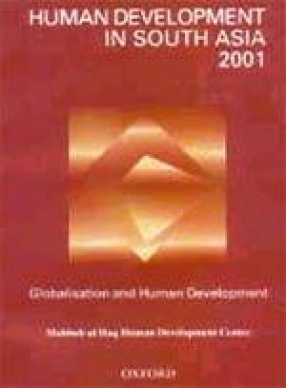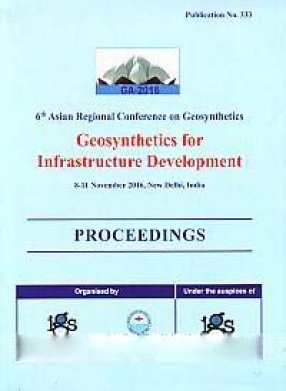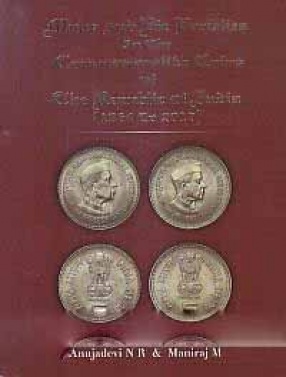By the early 1990s all the countries in South Asia entered the globalisation process by liberalising their economies, opening up their markets, and implementing reforms to improve economic management. The results of these efforts have been uneven from one country to another and within each country. Even where economic growth rate has improved, human welfare in terms of education, health or employment may have suffered. Human Development in South Asia 2001 analyses this process from the perspective of its impact on people. The report presents the experience of five South Asian countries, India. Bangladesh, Pakistan, Nepal and Sri Lanka. The questions this report raises and tries to answer are: what has been the extent of South Asia’s trade and financial integration with the world? How have the economic reform programmes fared in raising growth and improving human development? What has been the social impact of the globalisation process? Do South Asian nations have full access to the opportunities of expanded trade? Are free markets open to South Asia’s poor and the unskilled? The purpose of the report is to inform policymakers at national and international levels about the imperative of managing globalisation for the benefit of the vast majority of South Asia’s people.
Human Development in South Asia 2001: Globalisation and Human Development: The Mahbub ul Haq Human Development Centre for Oxford
In stock
Free & Quick Delivery Worldwide
Bibliographic information
Title
Human Development in South Asia 2001: Globalisation and Human Development: The Mahbub ul Haq Human Development Centre for Oxford
Author
Edition
1st. Ed.
Publisher
ISBN
0195797647
Length
xii+180p., Table; figs.
Subjects








There are no reviews yet.